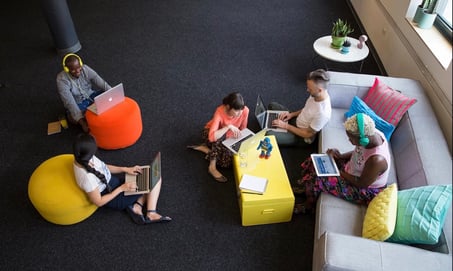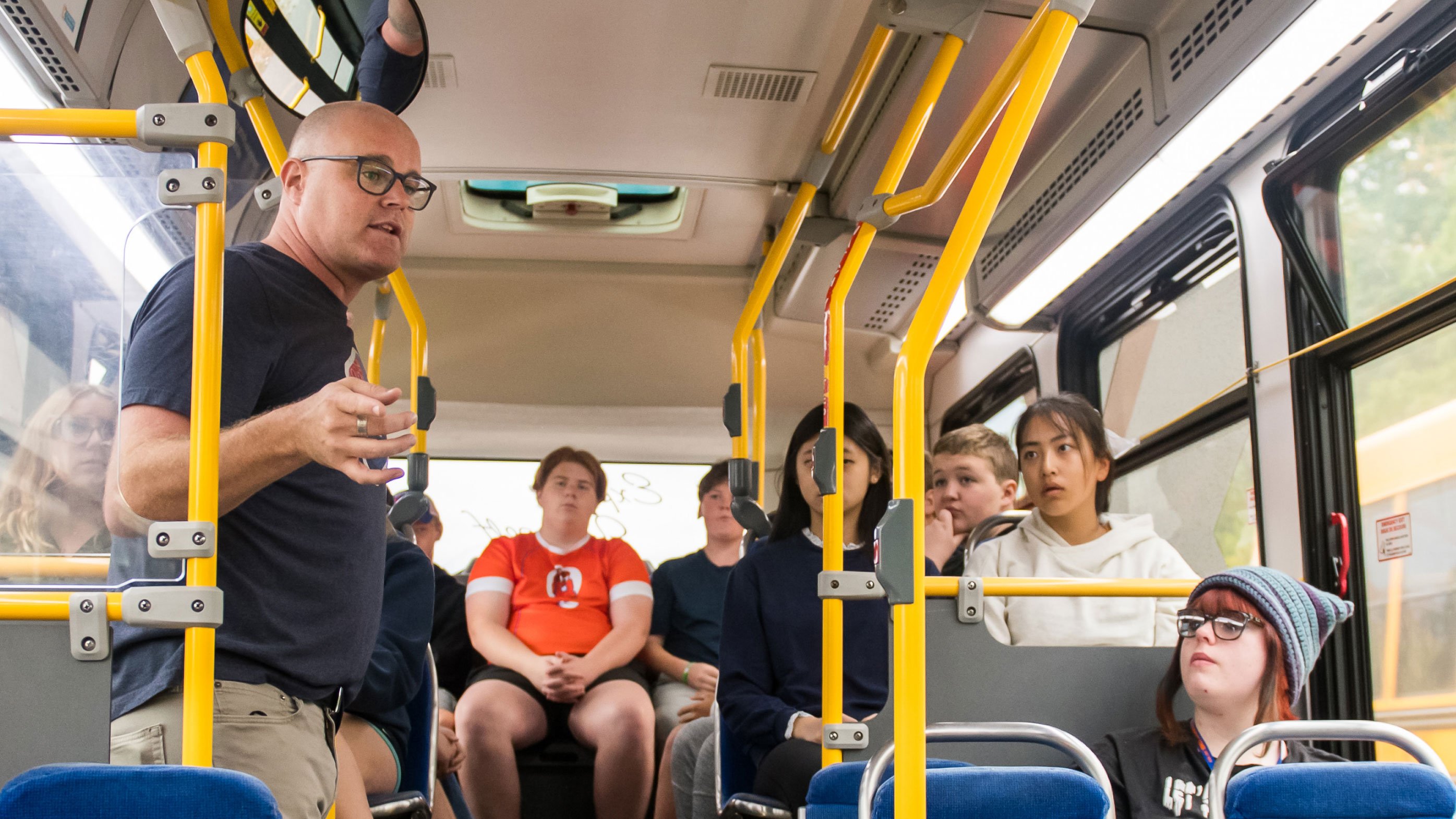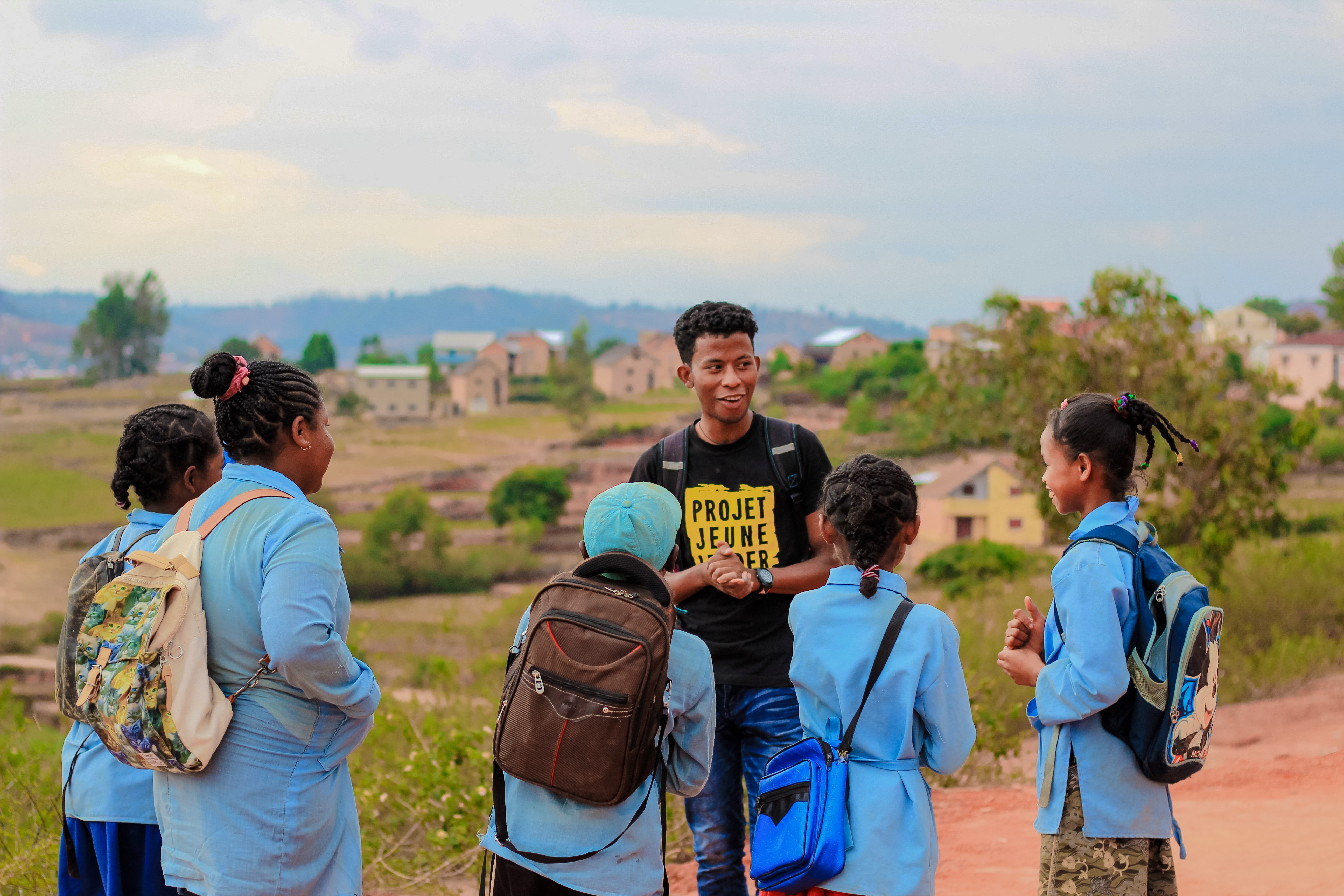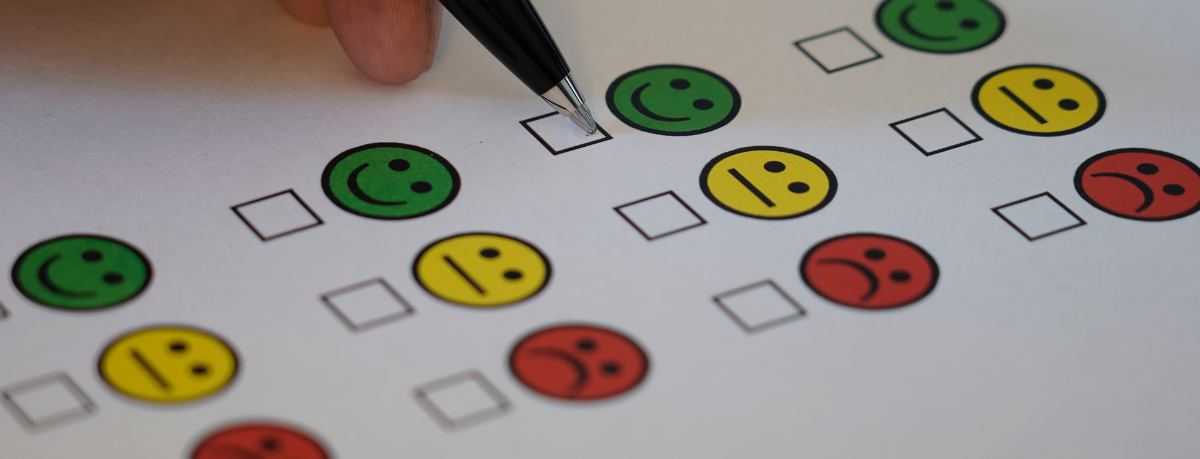As the COVID-19 pandemic developed, it became apparent to me that no sector was ready for what might come. With rapid change, we are all navigating a new path together and while we don’t know what the future holds, I take comfort in that young people are coming together to address the current needs and prepare for a new world.
On April 2nd, 2020 the Canadian Council for Youth Prosperity and Opportunity for All Youth hosted an online youth summit called #ImpactCOVID. This virtual conversation was meant to bring together young people from across Canada to start a conversation about the COVID-19 pandemic with youth voice at the forefront. Fourteen youth panelists and industry leaders discussed how young people are being uniquely impacted by the pandemic, what community-level solutions exist to support young people and what opportunities there are to move forward.
Image source: Canadian Council for Youth Prosperity
Here’s what I heard during the conversation:
Young people are feeling a sense of loss and uncertainty. What will the future look like? Will I graduate? How can I find a job? How can I start or continue my studies? Young people are concerned that the rates of mental health issues and addiction will rise. With many support services only delivered online, there are concerns that the technological divide will speed up the increase in challenges that youth are facing.
Young people are calling out the inequalities, barriers, and social challenges that have always existed and yet in the current context are being amplified and put in the spotlight.
Young people are observing companies that are trying to capitalize on the situation – such as continuing to push sales like it is business as usual, or trying to get the first news story out and in turn spreading misinformation. Young people are challenging these companies to find their purpose beyond profit, to set aside their egos and logos and acknowledge our humanity. Young people are calling on the media to stop spreading misinformation and ensure that updates and information on the pandemic is accessible for all.
While we may never go back to the way that things were, what I heard from (the) youth is that we shouldn’t. We need to learn how to collaborate and lean on each other. We need to look to communities who have thrived when faced with barriers, like rural communities who have worked at a distance or people with disabilities who have adapted and been creative to work within an able-bodied world. We need to become inclusive and accessible and address these gaps.
We need to look at how we can turn this into an opportunity to grow, to try something new and to gain skills. As Niya Abdullahi, founder of Habasooda, highlights “Many young people have found themselves with a lot of unexpected free time. This is the perfect time to work on those mini passion projects that you've always wanted to start but never had the time to begin.”
For young people who have access to technology, consider how online networks help us prepare for the future of work and upskill(ing). With a prediction that soft skills and digital skills will become key resources needed in this new world, now is the time to gain these skills and practice. Jessica Ketwaroo-Green, a Ryerson University student and non-profit worker, encourages young people to “prepare for the new future of work by looking at their employability instead of their employment”.
We need to consider how we can reach everyone and find solutions to bridge the technological divide and increase technological literacy. How can we better prepare and support young people for this new world? As Habon Ali, Vice-President, Equity at the University of Toronto Mississauga Students Union and a member of the Prime Minister’s Youth Council, puts it “young people are prepared to navigate a new world. We are used to precarious work and dealing with ambiguous situations. The question should be, when is society ready to let youth take a lead and create our new normal?”
I left the #ImpactCOVID summit feeling hopeful and inspired by the resources and community and youth-led initiatives that are starting to address these issues. I left with a reminder that nobody planned for this, that we are all experiencing it together and that we are doing the best we can – we should try to treat everyone with kindness, including ourselves. As Kayla Bernard, a mental health advocate and Mi’kmaq woman from the community of Sipekne’katik First Nation, said “during this time young people need to care for themselves first. Work on maintaining their mental health in a very stressful time… Once that’s done, preparing for work can begin, and can look different depending on your interest.”
Take Your Learning Further:
- Read reflections from the #ImpactCOVID panelists in this Canadian Council for Youth Prosperity blog post “Youth voices on the future of work”
- Read the United Nations UNCTAD’s article “The COVID-19 Crisis: Accentuating the Need to Bridge the Digital Divide”
- Check out the Valuable 500’s blog post “COVID-19's isolated world is the norm for people with disabilities”
- Sign up for the Communities Building Youth Futures newsletter to access Tamarack's latest resources and articles on collaboration and community change to support young people





